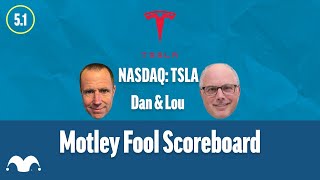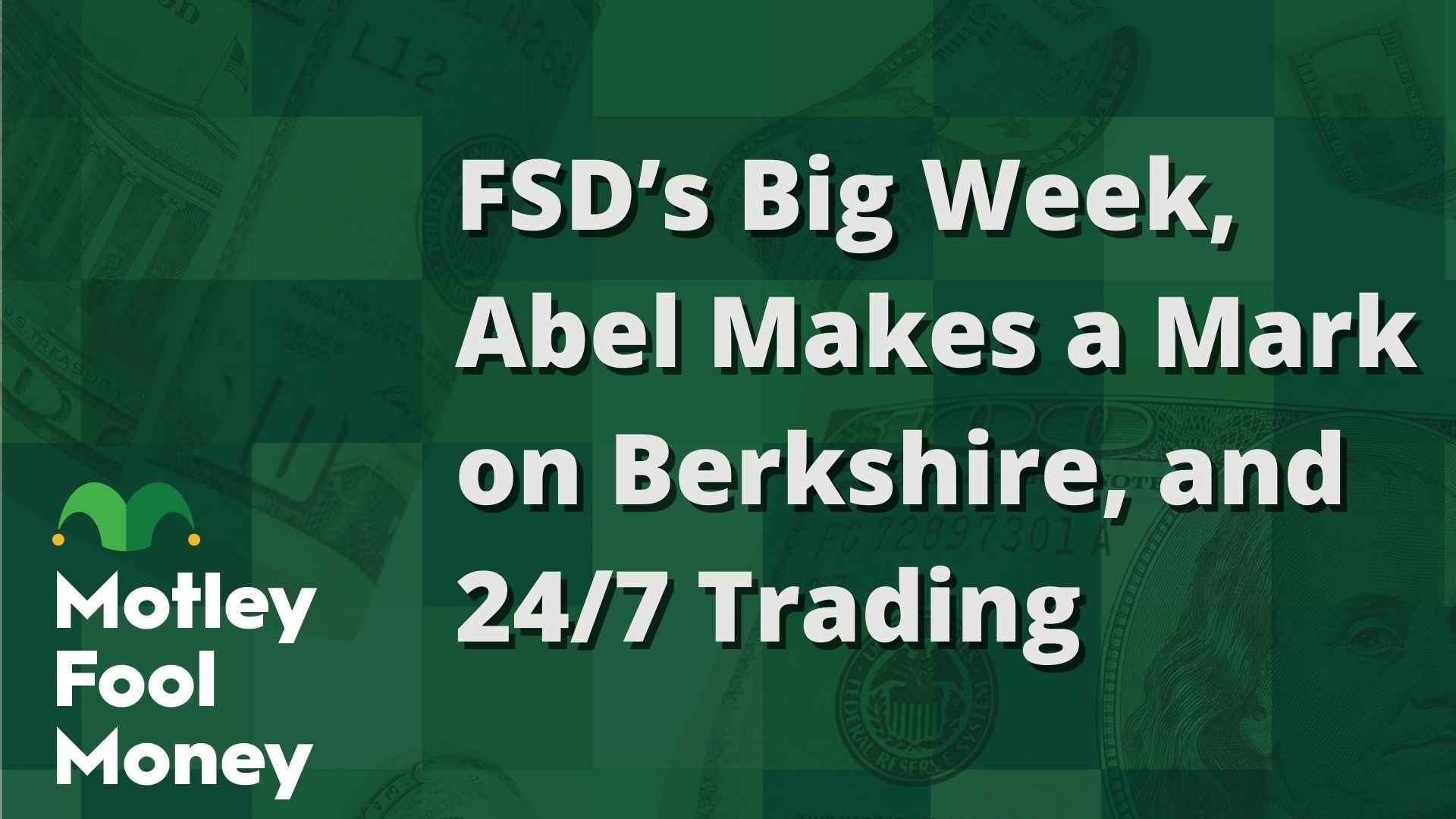Few auto stocks have ever excited investors like Tesla (TSLA 2.17%). The innovative electric-car maker and its CEO, Elon Musk, have won legions of fans and plenty of customers with groundbreaking -- if not always perfect -- upscale battery-powered vehicles.
Taking a page from Tesla's book, Chinese start-up NIO (NIO +5.97%) emerged last year with a handsome upscale electric SUV and big plans for more. Investors hoping to make money from electric-vehicle sales in China flocked to NIO's shares -- at least for a while.
But for both companies, the stories have shifted in the last year, and not in good ways. Shares of both Tesla and NIO have declined since the beginning of 2019. With concerns about auto sales rising around the world, it's time to ask: Is either of these companies a good buy for new money now?
Valuation and stock performance
Neither company's stock has had a good year, but Tesla's year hasn't been nearly as bad as NIO's:
When it comes to valuations, traditional metrics don't really apply to either company. They're both what we call "story stocks," companies with valuations driven by expectations of future growth and profitability.
Those expectations are in turn driven by the stories -- the future possibilities that we might see for these businesses, not the current businesses themselves. For example: A fundamental-minded investor might look at Tesla and see a money-losing automaker that continues to struggle with quality and service issues. That company probably isn't worth much, relatively speaking.
But if we believe (for example) that Tesla is poised to become one of the world's largest-selling and most-profitable automakers by 2025 or so, then we could argue that its valuation should be driven by those expectations and not by the current reality.
It's the expectations that have given Tesla a $44 billion market cap, not the current reality. And Tesla's share price -- and NIO's -- have risen and fallen as those expectations have shifted over time.
What's the state of Tesla's story now?
Right now, Wall Street analysts polled by Thomson Reuters expect Tesla to lose $3.47 per share in 2019, on average, on revenue of $24.7 billion. But they expect things to turn around in 2020, when they believe Tesla will report $4.02 per share in profit on revenue of $30.3 billion.
In a nutshell, the story that is driving those expectations goes something like this:
- Tesla is nearing completion of a second assembly plant, near Shanghai, that will begin building Model 3 cars for the Chinese market soon (possibly before the end of 2019).
- Tesla will begin building its next model, the Model Y crossover SUV based on the Model 3, in the U.S. next year.
- A pickup truck that will present a serious challenge to Ford Motor Company's (F 0.72%) F-150 and other Detroit stalwarts is also coming soon.
- Demand for Teslas will continue to be very strong, exceeding Tesla's production capacity, and Tesla will be able to get good pricing for its current and upcoming models.

Tesla's Model 3 is selling well, but how much demand remains? Image source: Tesla.
Of course, that story has developed some cracks:
- Tesla's third-quarter deliveries were up just 2% over its second-quarter total, calling its growth story into question. When the market for new cars enters a cyclical slump, which it will at some point, those questions will get louder.
- The lower-priced (and lower-profit-margin) Model 3 appears to be cannibalizing sales of Tesla's more profitable Model S and Model X, which fell in the third quarter.
- At the moment, Tesla doesn't have the factory capacity to build a pickup truck in volume, and it will take time and a lot of cash to create that capacity.
As I see it, all of the questions about Tesla's story boil down to these two:
- Can the company continue to increase sales sequentially as economic seas get choppier?
- Will it need to raise yet more cash in order to keep going?
I suspect the answers to those questions are "no" and "yes," respectively. If I'm right, then Tesla's stock is unlikely to beat the market over the next few years. If not -- specifically, if it can maintain sales growth for a while longer -- then its stock might still outperform.
What about NIO?
NIO's story is a little simpler. Sales of its first mass-produced product, the 7-passenger ES8 SUV, were good in the first months after its launch in June of 2018. NIO followed up the ES8 with a smaller upscale electric crossover called the ES6, which compared well with Tesla's Model 3 on paper -- and sales of that model have been decent since its launch a few months ago.
But NIO has spent a lot of money getting this far, quite a bit more than it should have. Now, it's in a cash crunch: The company had just $503.4 million in cash remaining as of June 30, after having burned about $620 million in the second quarter as it geared up to launch the ES6.

NIO is hoping that sales of its new ES6 crossover will deliver enough cash to keep it going. Image source: NIO.
NIO did announce a deal to raise $200 million in September, and its third-quarter sales were good, but that's probably not enough. A key analyst thinks the company will run out of cash before the end of the year unless it's bailed out by a big investor or the Chinese government. CEO William Li said in September that the company was working on a new financing package, but as of this writing no details have surfaced.
Right now, NIO's shares are probably best thought of as an option on the possibility that it will manage to survive without a trip through China's equivalent of bankruptcy court.
So which is the better buy?
Here's the thing: Autos are a cyclical business. Auto sales rise and fall with consumer confidence, and automakers' profits rise and fall with sales. Because automakers -- even innovative electric-vehicle makers like Tesla and NIO -- have such high fixed costs, a moderate decline in sales can be enough to entirely erase even a financially strong automaker's profits. And given the age of the current cycle, a significant decline seems likely in the not-too-distant future.
Given that neither of these companies is sustainably profitable now, it's hard to make a case for either under the circumstances. If you believe in Tesla's longer-term growth story, and think that it's likely to muddle through whatever economic storms lie ahead without a trip through bankruptcy court, then it might not be a terrible buy at current prices. But if sales start to slip, you might be able to buy it for much less in a few quarters.
As for NIO, at this moment it feels like a long shot. I suggest avoiding NIO stock, at least until the company's near-term financial fate is clear.









